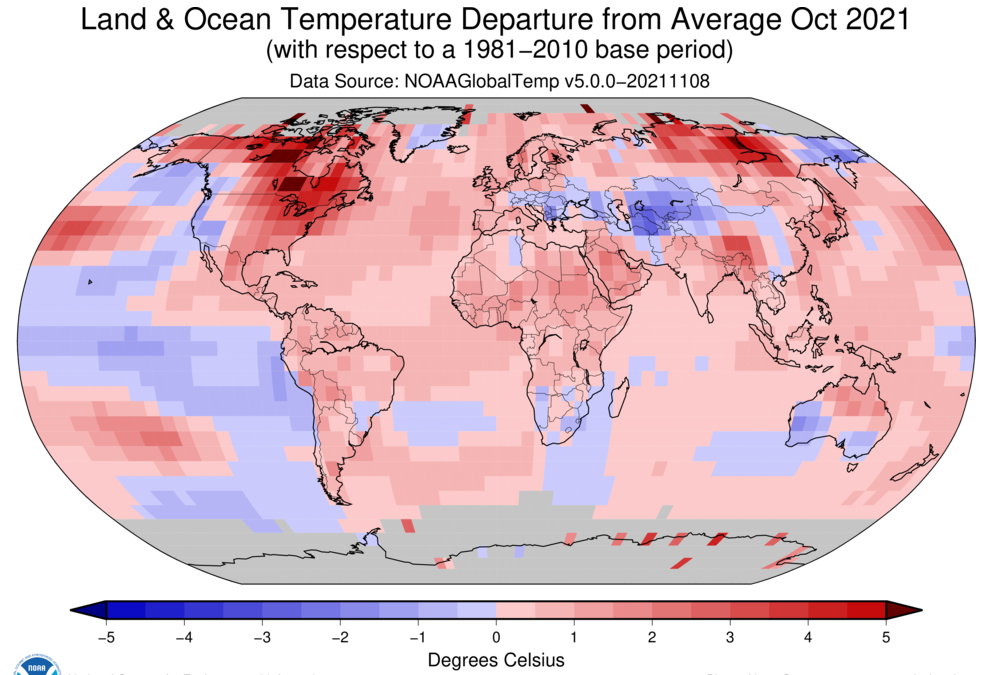Australia offers refuge to Tuvaluans as rising sea levels threaten Pacific archipelago – “We are sinking, but so is everyone else”
By Pauline Rouquette
11 November 2023
(France24) – Canberra announced on Friday that it is offering climate refuge to Tuvaluans, unveiling the terms of a pact that would enable citizens of the 26-square kilometre archipelago – the fourth smallest state in the world – to move to Australia to “live, study and work”.
Located near the Equator, the island nation of Tuvalu is comprised of nine reef islands and atolls that rise an average of only two metres above sea level. Due to rising sea levels driven by climate change, the low-lying land is forecast to be submerged by Pacific waters by the end of the century.
The new pact between Australia and Tuvalu, signed by prime ministers Anthony Albanese and Kausea Natano, has been described as “groundbreaking ” by University of New South Wales professor and refugee law expert Jane McAdam.
“It’s the first agreement to specifically deal with climate-related mobility,” McAdam said.
Natano hailed the agreement as a “beacon of hope” for his nation.
According to the pact, which will have to be ratified by both countries before coming into effect, Tuvaluan refugees will have access to education and healthcare, as well as financial and family support in Australia.
To avoid a damaging “brain drain”, the number of Tuvaluans able to move to Australia will initially be capped at 280 per year.
Climate migrants
Australia’s offer to host its South Pacific neighbours marks a new step towards the recognition of climate change refugees.
In previous years, Tuvaluans and people from other Pacific islands seeking asylum in nearby countries such as New Zealand have seen their requests rejected, as climate change is not recognised as a basis for obtaining refugee status by the 1951 Refugee Convention.
Even the term “climate refugee” has no legal definition and is not endorsed by the United Nations High Commissioner for Refugees (UNHCR).
The International Organization for Migration (IOM) meanwhile defines “the movement of a person or groups of persons who, predominantly for reasons of sudden or progressive change in the environment due to climate change, are obliged to leave their habitual place of residence, or choose to do so, either temporarily or permanently, within a State or across an international border,” as “climate migration”.
This could be applied to the entire Tuvaluan population which is currently threatened by the consequences of climate change. As the archipelago’s shorelines continue to recede, its inhabitants could eventually all be driven from their homes and become some of the world’s first climate migrants.
Foretold threat
Many have already warned against the climate challenges that Tuvaluans currently face.
Fanny Héros, a project officer and scientific journalist in French climate action association Alofa Tuvalu, warned back in 2008 that “the inhabitants of Tuvalu will become the world’s first climate refugees“.
In 2009, then Tuvaluan prime minister Apisai Ielemia said his archipelago was threatened by rising sea levels due in part to global warming caused by human activity, at the Copenhagen Summit.
Tuvalu sounded the alarm once again in November 2021 at COP26 in Glasgow.
“Climate change and sea level rise are deadly and existential threats to Tuvalu and low-lying island atoll countries,” Tuvalu’s Minister of Foreign Affairs Simon Kofe said in a video statement, standing knee-deep in water.
“We are sinking, but so is everyone else,” he said.
“No matter if we feel the impacts today like in Tuvalu, or in a hundred years, we will all still feel the dire effects of this global crisis one day,” Kofe said. [more]
Australia offers refuge to Tuvaluans as rising sea levels threaten Pacific archipelago



